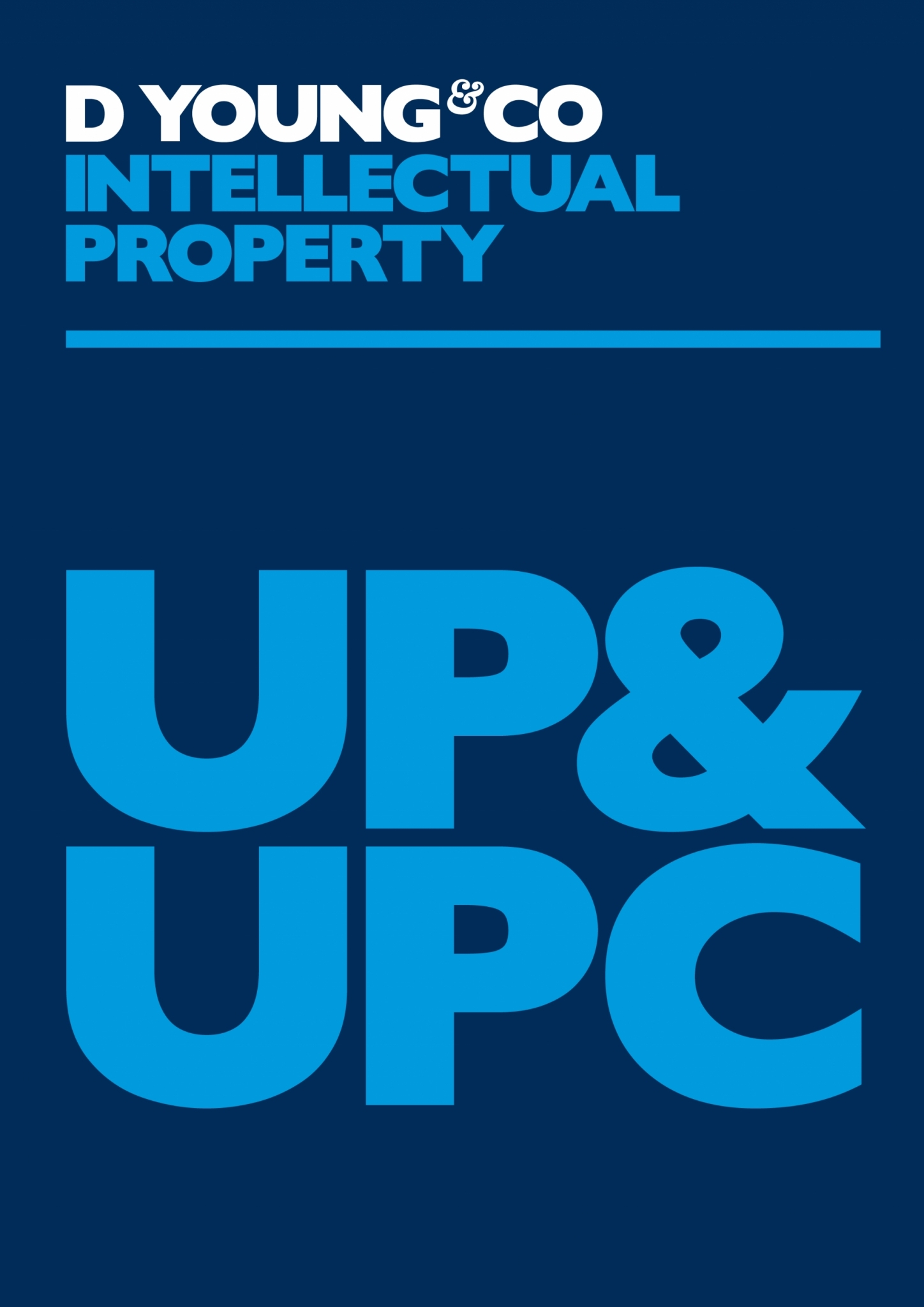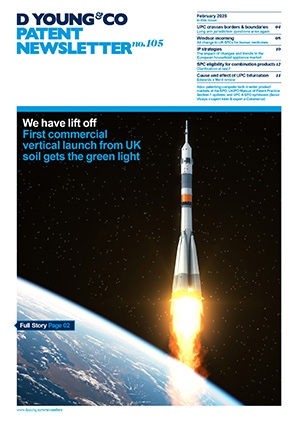UPC & EPO symbiosis: Seoul Viosys v expert klein & expert e-Commerce
Since its start in June 2023, the Unified Patent Court (UPC) has continued to gather momentum with an increasing number of cases producing judgments that provide the sort of legal and technical analysis that can provide increasing confidence to European patent rights holders. Perhaps a good example is the judgments by the Düsseldorf Local Division of the UPC in respect of Seoul Viosys Co Ltd v expert klein and expert e-Commerce, which resulted in Seoul Viosys being awarded an injunction covering eight UPC contracting states.
Ultra-thin LEDs
The technology concerned primarily smartphone light-emitting diodes (LEDs) used on camera flash modules. Seoul Viosys held several European patents in a family including divisional applications from a grandparent relating to “no wire technology”, which enables miniaturisation and provides light extraction efficiency by improving light reflection and current spreading. The LEDs are a so-called flip chip process in which one of the layers of the LEDs include a metallic reflection layer and light is reflected through a substrate. The LEDs also include a current spreading layer, which has an effect of enhancing light generation efficiency. These features are essential for high-performance LEDs in applications such as mobile phone flashes, automotive headlamps and high-power lighting systems. Particularly, the technology includes techniques relating to wafer integrated chip on PCB (WICOP) technology, which allows the chip to be mounted directly on a substrate without using wires or packages for connection. This eliminates a traditional step of adding wires to the chip so that the energy device can be slimmer.
UPC judgments
The judgments issued by the Düsseldorf Local Division on 10 October 2024 were UPC_CFI_363/2023 related to EP 3 926 698 and UPC_CFI_483/2023 related to EP 3 223 320, both of the patents being divisionals from a grandparent. Whilst EP 3 223 320 was considered by the Düsseldorf Local Division to be invalid on the ground of added subject matter, which could not be remedied by amendment without impermissibly broadening the scope of the claims, the Düsseldorf Local Division found EP 3 926 698 both valid and infringed. Accordingly, the Düsseldorf Local Division granted an injunction requiring delivery up and destruction of infringing articles by the defendant in eight contracting states of the UPC. This represents one of the highest number of countries covered in an injunction granted by the UPC, which illustrates its potential power. Moreover, this remedy was granted to a Korean patent owner against a German party.
Legal aspects of the judgments
A recurring theme in recent judgments of the UPC is the use of Article 69 of the European Patent Convention (EPC) to interpret the scope of the claims using the description, and both of these judgments were no exception. The Düsseldorf Local Division dived into the technical detail and conducted a thorough analysis of the claim of EP 3 926 698 to interpret its scope.
Two interesting aspects of the judgment which upheld the validity of EP 3 926 698 were the Düsseldorf Local Division’s approach to inventive step and added subject matter.
In respect of inventive step, the Düsseldorf Local Division applied the problem and solution approach in light of the technical effect of the claim of EP 3 926 698. This was related to the three-layer sequence of a reflective layer, stress relief layer and metal barrier layer selected with regard to a thermal coefficient of expansion of these material, which prevented ion migration between layers. As ever, the starting point for determining inventive step was key in the analysis and a suggestion of the solution from other prior art. However, rather than considering other solutions, which fell within the claim, the Düsseldorf Local Division limited solutions determined from other prior art to those which fell outside the scope of the claim, and accordingly determined that the claim was not obvious. This is a little like the “would not could” test, but we are down to nuance here. It is difficult to draw a general conclusion about any difference in approach with respect to that used by the European Patent Office (EPO), particularly because the Boards of Appeal at the EPO can choose a different starting point of that used by an Examining Division/Opposition Division and ultimately the solution can be a subjective test, which can result in different conclusions. However, perhaps it could be said that the Düsseldorf Local Division was more generous in respect of inventive step assessment to the patentee.
The attack on the patent by the defendants of added subject matter in the case of the EP 3 926 698 patent failed. One of the attacks concerned the connection of the LED device to the substrate using a mesa-etched area. The claim only included reference to mesa-etched areas, which could include a single mesa, which meant that the alleged infringement fell within the terms of the claim. The grandparent application referred to a plurality of mesas in combination with the other claimed features. However, this was considered not to be sufficient to conclude that subject matter had been added, partly because the Düsseldorf Local Division considered that the technical effect of the claim lay in the three-layer combination mentioned above. It was not the mesas but the mesa-etched areas which were important. In contrast, the Düsseldorf Local Division concluded in the second decision UPC_CFI_483/2023 that EP 3 223 320 was invalid for added subject matter because this explicitly recited a mesa (single), which could not be remedied by amendment.
Symbiotic relationship between the UPC and EPO
Use of the description to interpret the claims according to Article 69 EPC is beginning to have effects on the way examiners are stricter on amending the description so that this conforms more explicitly to the scope of the claims at grant. In the same way, assessment of inventive step and added subject matter by the UPC may also affect the way that the EPO assesses inventive step and added subject matter as further judgments of the UPC produce an increasing body of case law. It appears to be important therefore that we monitor the direction of these aspects of the UPC as this begins to influence the view of the EPO.
Case details at a glance
Decision level: Court of First Instance, Düsseldorf (DE) Local Division
Parties: Seoul Viosys Co Ltd v expert klein GmbH, expert e-Commerce GmbH
Order: ORD_598458/2023
Date: 10 October 2024
Decision: dycip.com/ord-598458-2023


